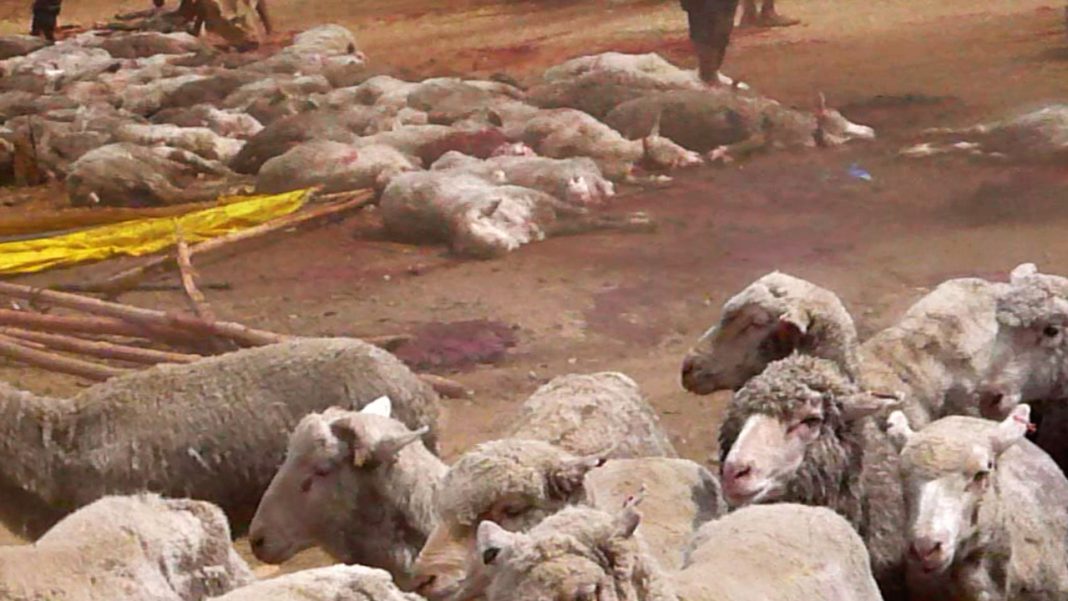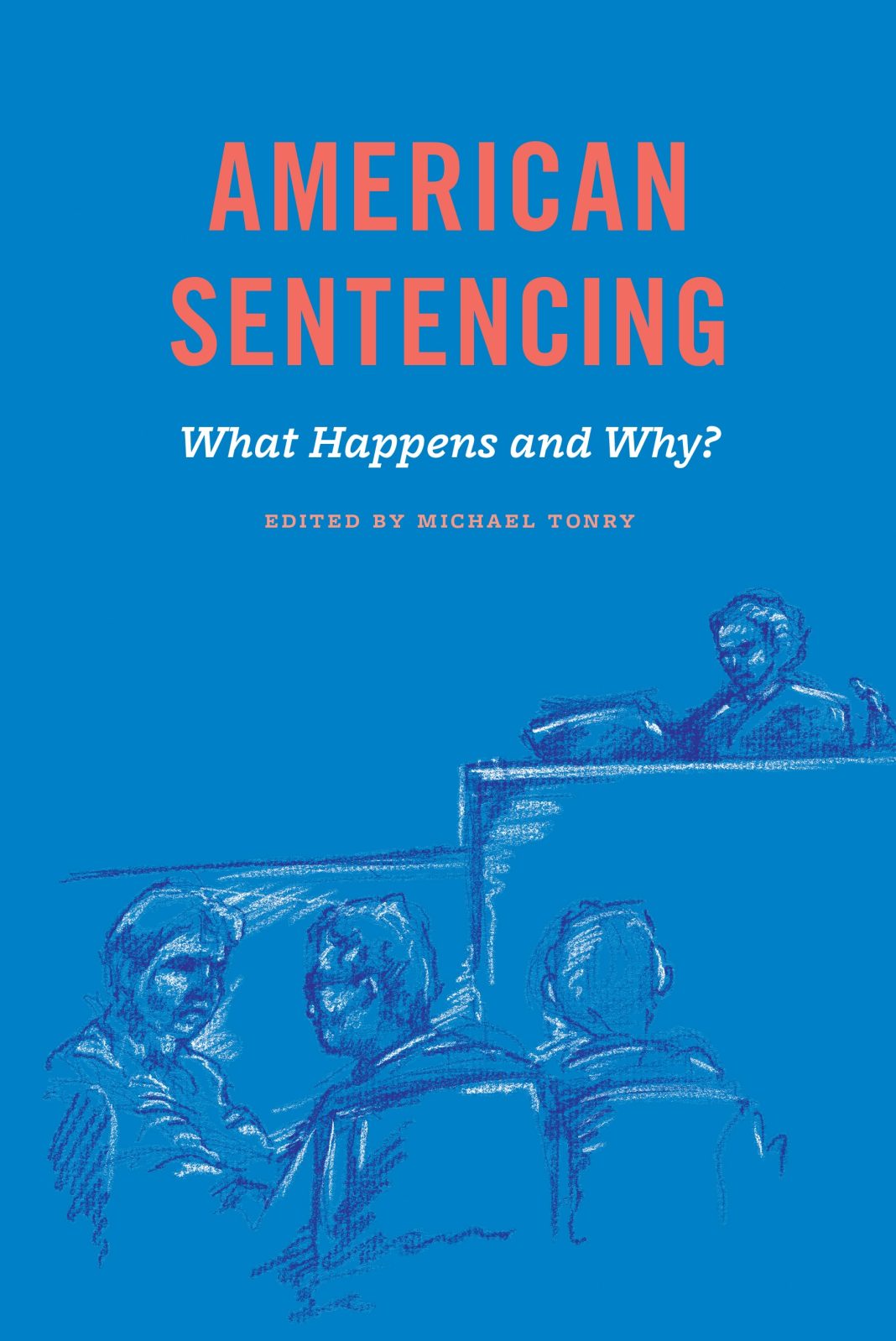 Title: The Economic and Ethical Implications of the Live Sheep Export Ban
Title: The Economic and Ethical Implications of the Live Sheep Export Ban
Introduction:
The live sheep export trade has faced significant backlash and controversy due to concerns over animal welfare. Recently, the Albanese Labor government passed legislation to ban the trade from May 2028. This move has sparked debates regarding the economic impact and ethical considerations surrounding the ban. While activists applaud the ban, industry representatives argue for higher standards and regulations to continue the trade.
The Economic Cost of the Trade Ban:
The Upper Great Southern region, a major live export hub, is estimated to suffer an economic cost ranging from $474.9 million to $791.5 million over 20 years due to the trade ban. This staggering figure highlights the potential consequences of shutting down the industry. The ban has left industry spokesperson Paul Brown concerned about the lack of government support and accuses them of prioritizing votes over animal welfare.
Growing Popularity of Activist Group:
Keep the Sheep, an activist group advocating for the ban, has gained significant traction, with a petition reaching 71,000 signatures and receiving $440,000 in donations. This indicates a growing public concern for animal welfare and a desire to end live sheep exports. The movement’s success reflects a shift in community expectations regarding the treatment of animals.
Animal Welfare Concerns:
The 2018 report by 60 Minutes exposed the harrowing conditions experienced by sheep during live export voyages. The Royal Society for the Prevention of Cruelty to Animals (RSPCA) has been vocal in condemning the trade, citing reports of livestock starvation and animal suffering due to heat stress. The RSPCA claims that 80% of independent observer reports from recent voyages support these findings.
Industry Efforts to Improve Animal Welfare:
In response to the criticism, the industry claims to have implemented several recommendations from the 2018 McCarthy Review. Measures such as better space allocation, ventilation, heat stress management, and automated livestock watering systems have been adopted. The industry argues that these changes have resulted in fewer sheep per shipment and improved welfare conditions. However, the RSPCA and other animal welfare organizations remain unsatisfied, citing ongoing concerns about handling conditions and disease risk.
Higher Standards and Regulation:
Industry spokesperson Paul Brown emphasizes the willingness of industry stakeholders to meet higher standards and regulations to ensure the continuation of the trade. They suggest that the government should raise the bar and increase regulations and standards while penalizing non-compliance. Brown argues that as long as the industry can meet and exceed the current regulations, it should be considered worthy of continuation.
The Role of Four Paws Australia:
Four Paws Australia, an animal welfare activist organization, applauds the ban and views it as a significant win for animal rights. They argue that ending the live sheep export trade aligns with modern community expectations worldwide. Despite resistance from a small section of the industry, it is evident that the era of live sheep export is coming to an end.
Conclusion:
The live sheep export ban has significant economic and ethical implications. While industry representatives highlight the potential economic losses and call for higher standards to continue the trade, animal welfare activists argue for the prioritization of ethical considerations. The ban reflects a shifting societal expectation for the humane treatment of animals. As the debate continues, it is essential to find a balance between economic interests and ethical responsibilities to ensure a sustainable and compassionate future for the livestock industry.


